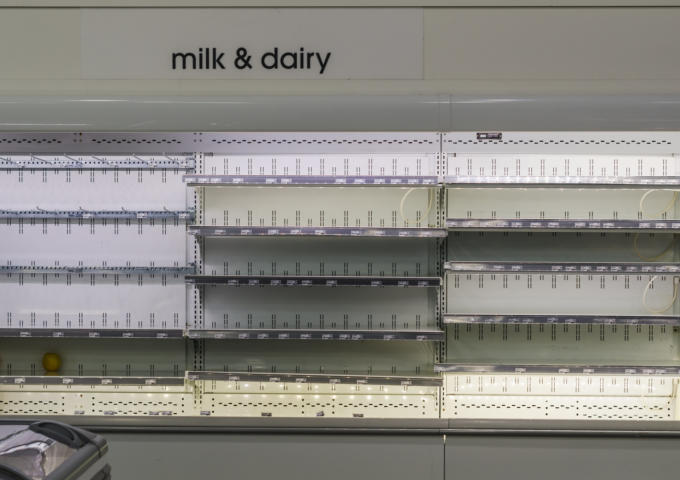“There have been as many plagues as wars in history,” wrote Albert Camus in “The Plague,” “yet always plagues and wars take people equally by surprise.” The world was certainly unprepared for COVID-19, but in just a year and a half after the SARS-CoV-2 virus was identified, 5 billion doses of vaccines have been administered – an unprecedented response.
American pharmaceutical manufacturers have been leading the fight. The U.S. Food & Drug Administration has granted approval or emergency authorization to three vaccines. Two were developed by U.S. companies and the other by a U.S.-German partnership.
The U.S. leads, in large part, because our government has been wise to resist counterproductive constraints on innovation. Successfully developing a drug requires billions in capital, and any firm embarking on such a venture requires the possibility of a reward for taking enormous risk. In recent years, governments in Europe and other parts of the world have introduced price controls on medicines, and their pharmaceutical industries have suffered accordingly.
As recently as 1990, European pharmaceutical companies were spending far more on research and development than U.S. firms. But, by 2019, U.S. companies were spending 50 percent more than their European counterparts.
R&D is paying off for patients. The FDA has already approved 34 new drugs this year, including 12 therapies for cancer and others for conditions such as lupus, schizophrenia and kidney disease.
Unfortunately, however, President Biden has a plan that threatens the U.S. health innovation model. On Aug. 12, the president proposed that Medicare authorities would “negotiate” prices with pharmaceutical companies.
In other words, the president wants price controls on drugs.
Setting artificially low prices would impede patients’ access to treatments today and discourage companies from investing in the drugs of tomorrow. There’s no way to reduce Medicare drug spending by hundreds of billions of dollars without it resulting in less R&D and ultimately, fewer new drugs and vaccines.
Such measures would impede our ability to foresee future pandemics. This preparedness is essential, because additional health crises are inevitable. The United States recently recorded four cases of Melioidosis, an infectious disease in several tropical regions, including Central America. And on Aug. 11, the WHO reported that for the first time a case of the Marburg Virus was seen in Guinea in West-Africa, a tropical hemorrhagic disease related to Ebola which had caused smaller eruptions in East-Africa in the past.
Rather than risking such a disaster, Washington could reform the Medicare insurance system itself. Biden wants to set a cap on “the amount that seniors have to spend on prescription drugs each year at no more than…$250 a month on average. That’d be a game changer.” He’s right.
Changing the structure of Medicare insurance would not only be fairer for America’s seniors, it would also avoid disrupting the innovation model that has already prevented millions of COVID deaths. We can be certain that, as Camus wrote, other plagues are coming, but, with a strong system of developing and manufacturing the best vaccines and medicines, we won’t be taken entirely by surprise.
Dr. Wolfgang Klietmann is a former clinical pathologist and medical microbiologist at Harvard Medical School. This piece was previously published in the Boston Herald.




